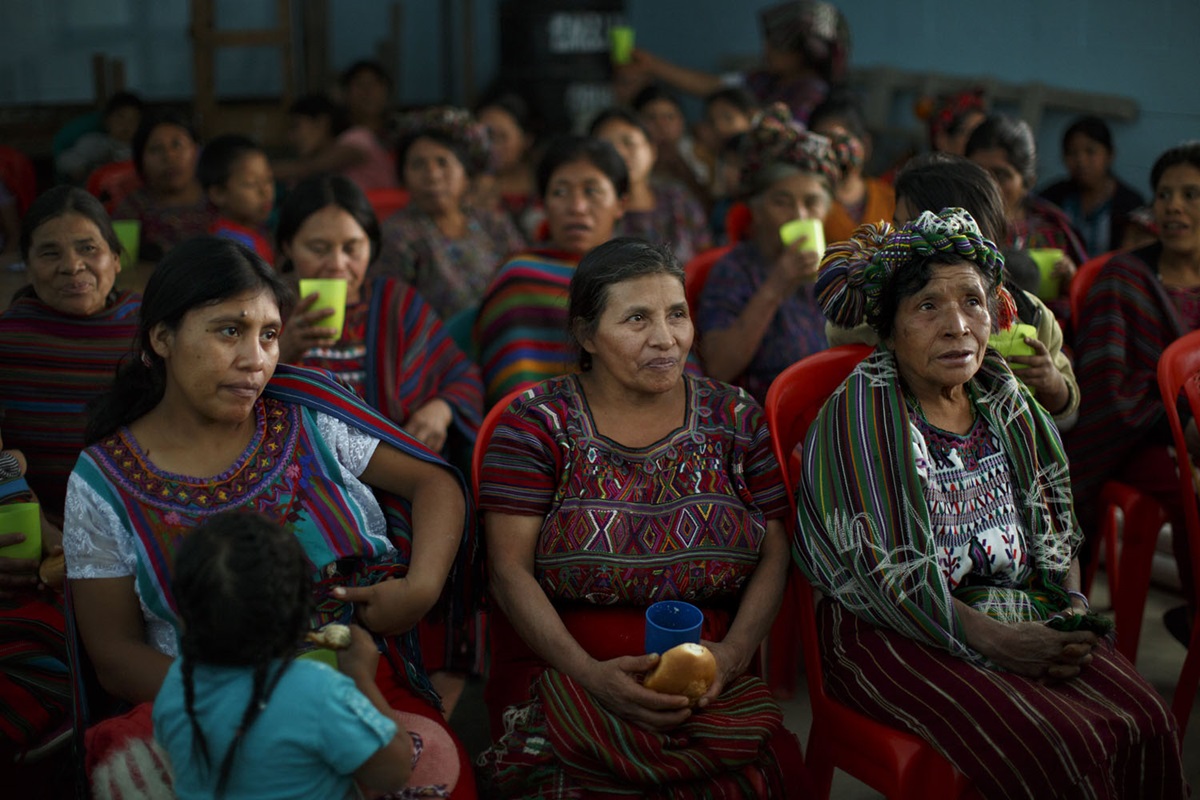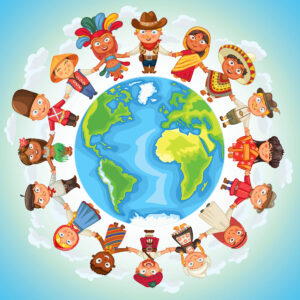The term “Indigenous Peoples” refers to several socioeconomic and cultural groups that have shared ancestral links to the lands and natural resources that they currently reside on or have been displaced from.
1. Focus on the priorities
Indigenous people cannot decide for themselves how to live, receive control over their own healthcare, education, and other services, without their lands being secure. That is the top priority by far. Everything else is secondary. Tribal peoples prosper when their land rights are respected. If they’re not, things won’t go well. Survival International’s director of advocacy, Jonathan Mazower, is based in London, United Kingdom.
2. Include indigenous people in discussions of land use
Indigenous peoples lack a means of support, an identity, and a chance of survival without their own territory. States must adhere to the principle of free, prior, and informed consent in this situation. Indigenous peoples must be involved in development procedures and consulted about how their land will be used. Companies must consider this as well and carry out appropriate due diligence both before and during investment projects. @ClaridgeLucy Lucy Claridge is the legal director of Minority Rights Group International in London, United Kingdom.
Sponsered1
3. Apply the law to ensure land rights are protected
Even when land rights laws are in place, they are frequently broken. Brazil serves as an example; in accordance with the constitution, all Indian tribes in Brazil should have had their land legally protected by 1993, yet many are still waiting. While waiting for better times, many people, including the Guarani, struggle to survive. They frequently camp by roadsides in appalling conditions with epidemic levels of disease and suicide. Additionally, they frequently get gunfire when they attempt to retake little portions of their territories. Survival International’s director of advocacy, Jonathan Mazower, is based in London, United Kingdom.
4. Build public awareness
The realization of indigenous rights depends on informed public education and awareness raising. All of us are accountable for this. There’s a good explanation for the widespread skepticism. However, it is imperative that we educate ourselves and recognize our own involvement in consumerism and policies that support the demand for production, profit, and exploitation. The impact on indigenous peoples, their territories, and their lands can then be started to be understood. Being an indigenous person, our connection to the land is fundamental to who we are, our identity, and our ability to survive. Cultural Survival’s executive director, Suzanne Benally, is based in Boulder, Colorado.
5. Recognise their role in conservation
Recognizing indigenous peoples’ crucial contribution to conservation is important because it is sometimes one of the justifications given for their relocation. Indigenous people have a great respect for the land and a need to preserve it as a result of their reliance on it for food, shelter, identity, and life. Indigenous peoples are the ideal candidates to maintain that area since they often create a set of conservation practices that are passed down from one generation to the next. Claridge, Lucy
Sponsered1
6. Bridge the gap between policy and practice
The mismatch between policy, legislation, and practice is still another difficult issue. The Endorois case and other instances, like Saramaka in Suriname, are good examples of international court decisions on indigenous peoples’ rights that are legally binding on governments. However, years later, many of these decisions are still not being executed. The similar gap exists at the level of multilateral organizations’ policies and safeguards, which control how they can lend money for projects that have an impact on indigenous peoples. Examples include the World Bank and other international financial institutions. Although the policies frequently have flaws, they generally speak represent enormous gains over the scenario 20 or 30 years before. However, despite this, policies and protections are routinely ignored or not implemented in full.
7. Encourage the state to fulfil wider rights
Human rights include the right to an appropriate quality of living, the right to an education, and the right to participate in development processes that impact you. The realization of civil, political, economic, social, and cultural rights and freedoms is part of the right to development. States have a responsibility to shoulder the cost of fostering an environment that is conducive to a people’s growth. Claridge, Lucy
8. Don’t speak for indigenous people
The long process of forming alliances between “fourth world” (indigenous) nations and between fourth world NGOs is possibly the biggest barrier to furthering the interests of indigenous peoples. NGOs frequently prioritize their interests while “speaking for” people in the fourth world as a whole. We have categorized the many nations as “indigenous peoples” and forgotten that what is significant in Asia may not be significant in central Africa. Chairman of the CWIS board of directors Rudolph C. Ryser
Sponsered1
9. Learn from stories of progress
There are some wonderfully motivating stories within the dreadful circumstances for many people. The narrative of the Achuar people in the north, who have banded together to defend their area and carry out their own vision for self governance, comes from Peru, where I work mostly. They have successfully withstood government and other oil company attempts to explore for oil on their land for more than 15 years. Feather, Conrad
Sponsered1



